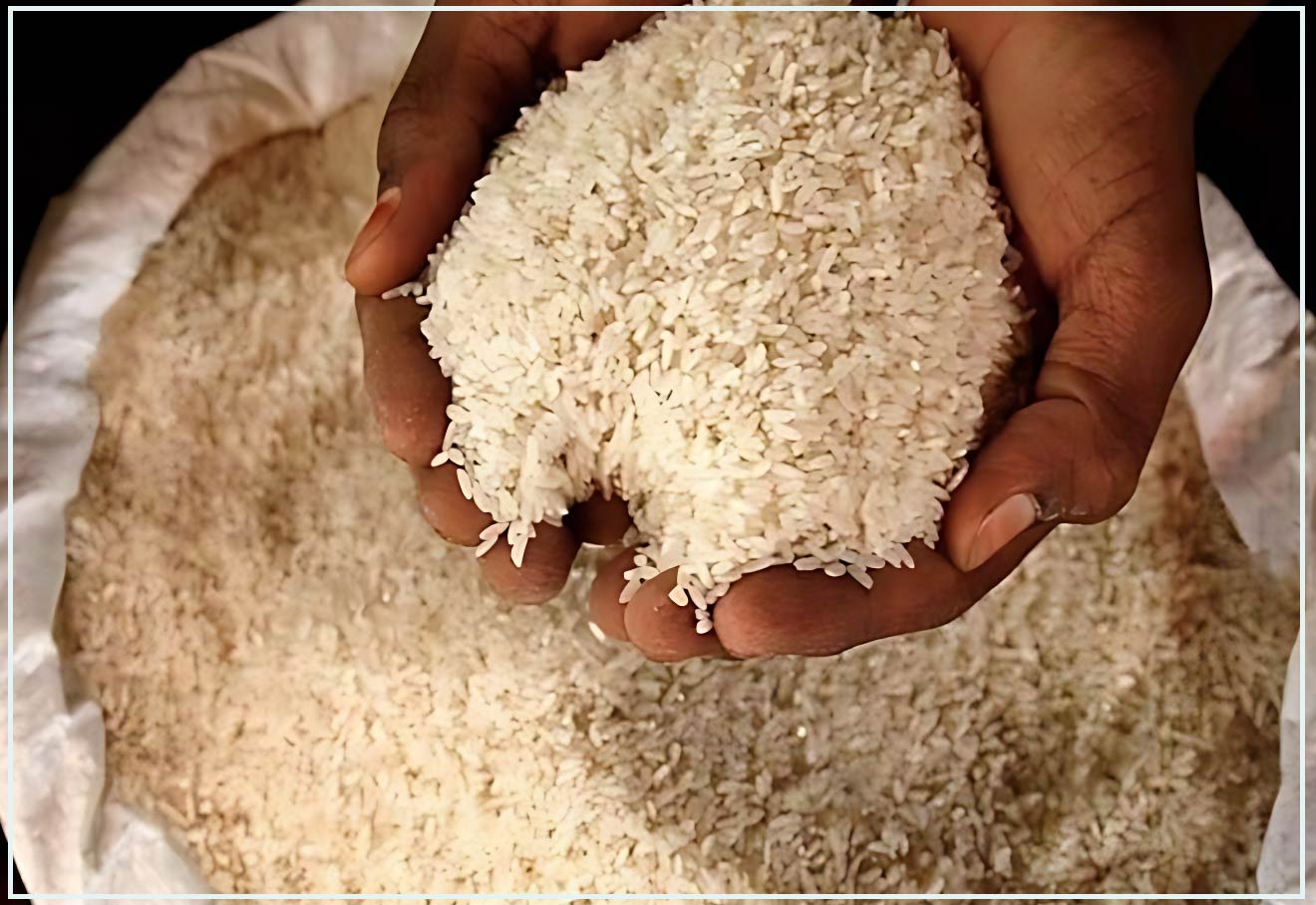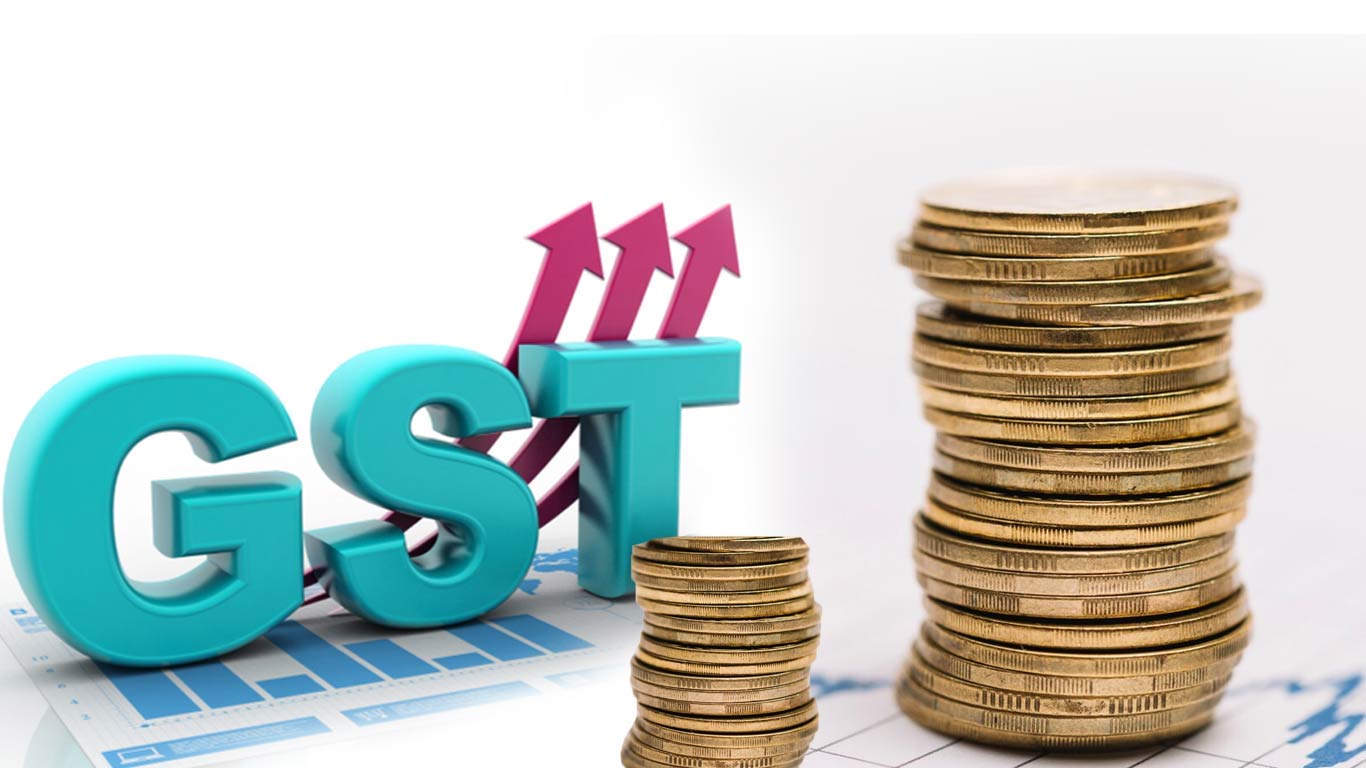High MEP Negatively Impacts Rice Exporters From Punjab
Updated: Sep 14, 2023 02:54:27pm

High MEP Negatively Impacts Rice Exporters From Punjab
Chandigarh, Sept 14 (KNN) The government’s decision to set a Minimum Export Price (MEP) Control order of USD 1,200 per tonne on basmati has negatively impacted the rice export business in Punjab, reported The Tribune.
The rice exporters from Punjab and Haryana are blaming the government for setting such a high MEP.
During the WorldFood, a food exhibition, in Istanbul last week, basmati exporters did not get a single order because of the high MEP.
The exporters say that they are unable to honour the ongoing orders because of the high MEP order.
The maximum number of export orders in Punjab and Haryana are signed during this annual international food products fair.
Vijay Kumar Setia, former president of the All-India Rice Exporters Association, said, “These circumstances are troubling those exporters who have stockpiled rice in various forms, including paddy and processed rice, as standard practice in rice businesses.”
He said most buyers preferred to buy Pakistani basmati, American and Australian calrose rice and other options available from Thailand as end consumer would not adapt immediately to such high prices. “This could give the other varieties permanent space as a replacement for Indian basmati,” he added.
Bal Krishan Bali, president of the Basmati Rice Millers and Exporters Association, said the average export price of basmati in the last five years was USD 975 per tonne.
In 2022-23, India exported 4.56 million tonnes of basmati valued at USD 4.78 billion at an average price of USD 1,050 per tonne, 80 per cent of the trade.
“We fail to understand the logic behind the move that will jeopardise the country’s position in the export market,” he said. (KNN bureau)












